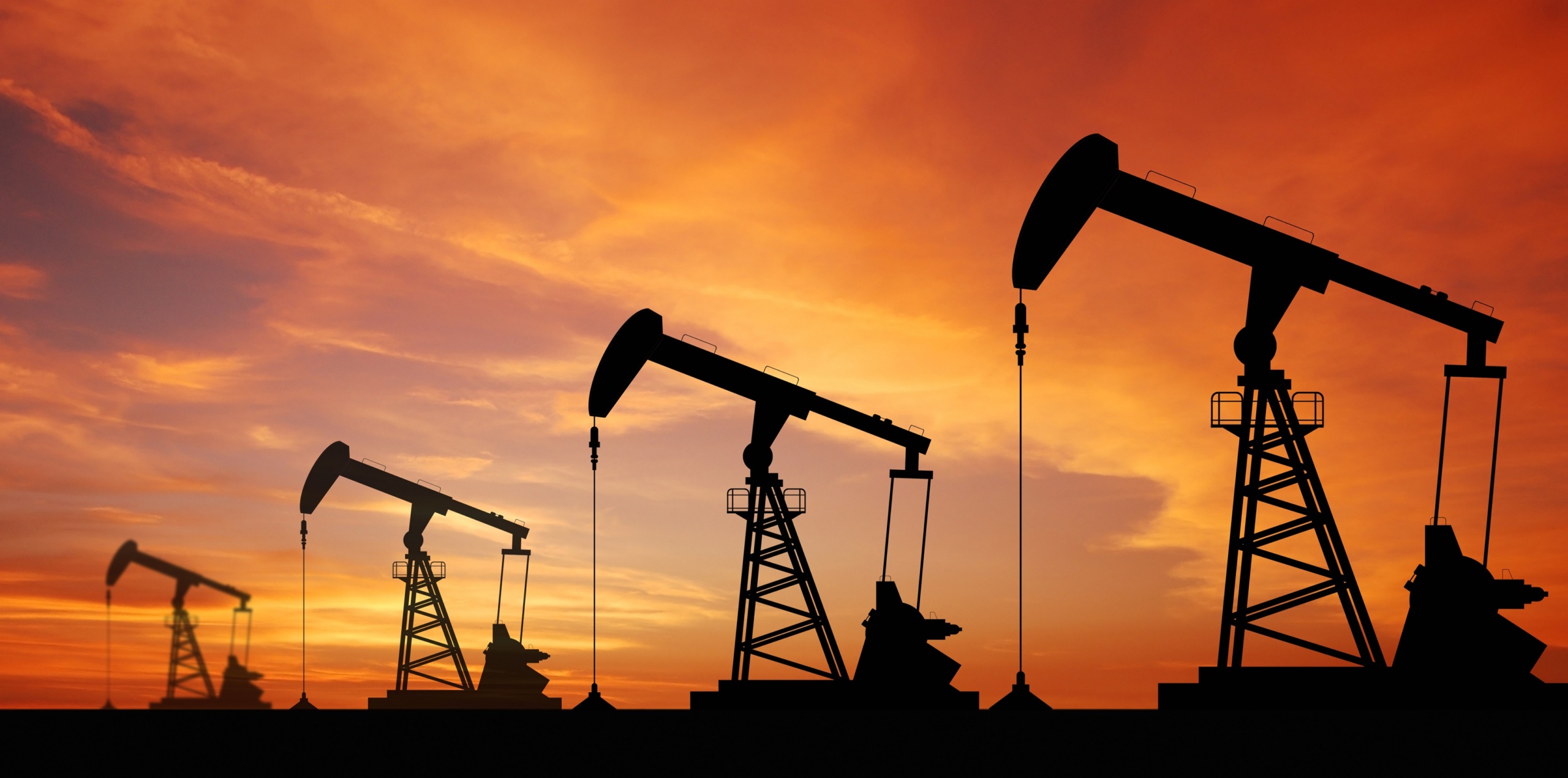GET IN TOUCH
- Please wait...

While most countries have enforced economic lockdowns as an effective measure to slow COVID-19 spread, the global oil economy has been hit hard as demands dried up. The price of crude oil was already volatile since the beginning of 2020 due to the price war between Saudi Arabia and Russia and then the COVID-19 pandemic emerged as the final nail in the coffin.
In the pre-COVID-19 world, the global oil demand was nearly 100 million barrels per day which have significantly dropped during the outbreak. [1] According to the International Energy Agency, the global oil demand is projected to fall by 9.3 million barrels per day year-on-year in 2020, erasing a decade’s worth of growth.[2]

Transportation, petrochemicals, and aviation sectors account for the major portion of crude oil demands but all of these sectors are currently shut down. With people maintaining self-isolation, shuttered factories, and restricted flights, oil demands are likely to remain depressed in the near future. Subsequently, this opens a window of opportunity for the countries dependent on imported oil.
Oil prices started plunging since 8th March due to Russia-Saudi Arabia oil price war and had significantly dropped throughout April, making it the darkest month for the global oil market. Making history, the price of a barrel of West Texas Intermediate (WTI), the benchmark of US oil dipped into negative territory.
Meanwhile, the international oil price has drastically fallen by 40 percent to USD 20 per barrel of crude oil in April.[2]

The benchmark of Europe and the rest of the world Brent Crude fell significantly. In the circumstances, oil producers have agreed to cut production by 9.7 million barrels per day but it will still leave the market with a huge surplus of oil and depressed demands.[3]
Due to Asia’s industrial transformation backed by developed countries such as China, South Korea, Japan, Taiwan, etc., the region has been the frontrunner surpassing America since 2015 in terms of oil consumption. Most of these countries are highly import-reliant on the oil exporting countries including Saudi Arabia, Russia, Kuwait, Iraq etc. to cover local demands.
According to the World Oil Review 2019, Asia-Pacific countries consume 35 percent of the total global oil demand.[1]

Falling oil prices have prompted many countries including in Asia-Pacific such as China, Japan, South Korea and India to take advantage by buying large amounts of crude oil to refill the Strategic Petroleum Reserve. However, as a middle-income country with a shortage of storage, Bangladesh remains in an unfavorable position to enjoy the benefits of decreasing oil prices.
As of 2018, Bangladesh consumes 125,000 barrels per day of oil, accounting for around 0.1 percent of the world’s total consumption.[1] The transport sector is the largest consumer of imported oil, followed by electricity production, agriculture, and the industrial sector.
Owing to a stable economic growth, the number of factories and vehicles have increased in Bangladesh over the years. Consequently, the oil consumption in Bangladesh has increased gradually over the last decade showing an increasing demand trend.

According to Bangladesh Petroleum Corporation (BPC), the usual import price of diesel was around USD 73 per barrel which has dropped to USD 38.5 per barrel in April.[4] Meanwhile, the demand for petroleum products has also decreased by 33 percent in Bangladesh due to transport shutdowns. Therefore, the only way for taking advantage of the historic oil price crash is to purchase extra oil and store it for future usage in which Bangladesh falls short.
BPC has a storage capacity of around 1.3 million metric tonnes of oil.[4] The lack of a large storage system is obstructing the way of reaping benefits from the global oil market collapse. The oil storage capacity of Bangladesh is inadequate in comparison to regional contemporaries.

While the oil prices are falling to a new low, gold prices are soaring up to new heights amidst the COVID-19 outbreak. The rising gold prices will be favoring the countries with strong bullion markets as there will be an increase in borrow against gold. India has projected its gold loans to grow 10-15 percent in 2020.[5]
Such impact was not observed in Bangladesh as the gold loan bank culture is not so popular in the country. However, the higher gold prices in the global market have influenced the country’s Foreign Exchange (Forex) reserves to reach USD 33 billion in April from USD 32.5 billion in March.[6] Alongside this, Bangladesh has also witnessed historic gold price hikes during the pandemic.

Reaching a new high, the price of gold in Bangladesh was BDT 146,951 (USD 1,730) per ounce in April.[7] According to the Bangladesh Jewellers Association, the bullion market in Bangladesh has remained unaffected from the COVID-19 outbreak.
Bangladesh has a once-in-a-lifetime opportunity to cash in on cheap oil prices but it might struggle to make the best use of it as the country lacks adequate reservoirs. The Bangladesh Petroleum Corporation (BPC) has already reached out to a few private companies to use their storage facilities. To take a further edge, Bangladesh can pursue several steps.
When the pandemic is over and Bangladesh recovers its economic stability, the country should invest in building a Strategic Petroleum Reserve with a larger storage facility to tackle unexpected disruptions to energy supplies in the long-term future.
Ishrat Jahan Holy, Content Writer at LightCastle Partners, has prepared the write-up. For further clarifications, contact here: [email protected].
The LightCastle team has been analyzing the macro and industry level picture and possible impacts wrought about by the Covid-19 crisis. Over the following days, we’ll be covering the major sectors shedding light on the possible short and long term ramifications of the global pandemic. Read all the articles in the series.
Our experts can help you solve your unique challenges
Stay up-to-date with our Thought Leadership and Insights